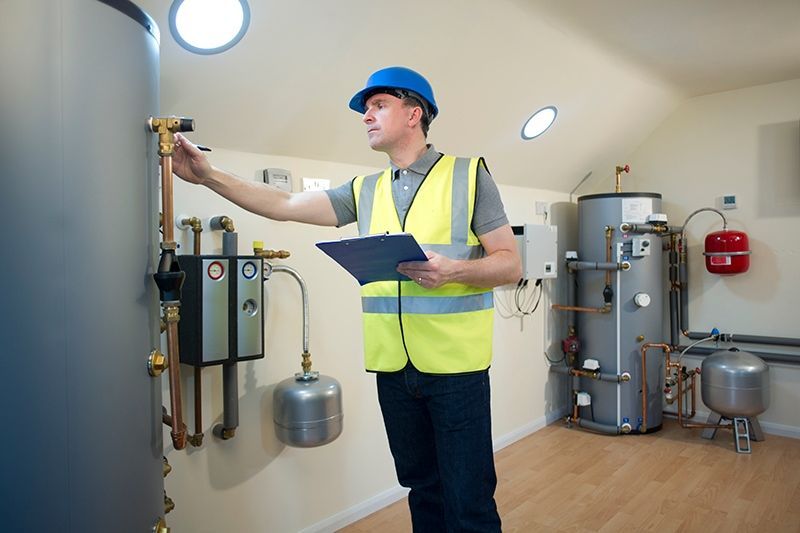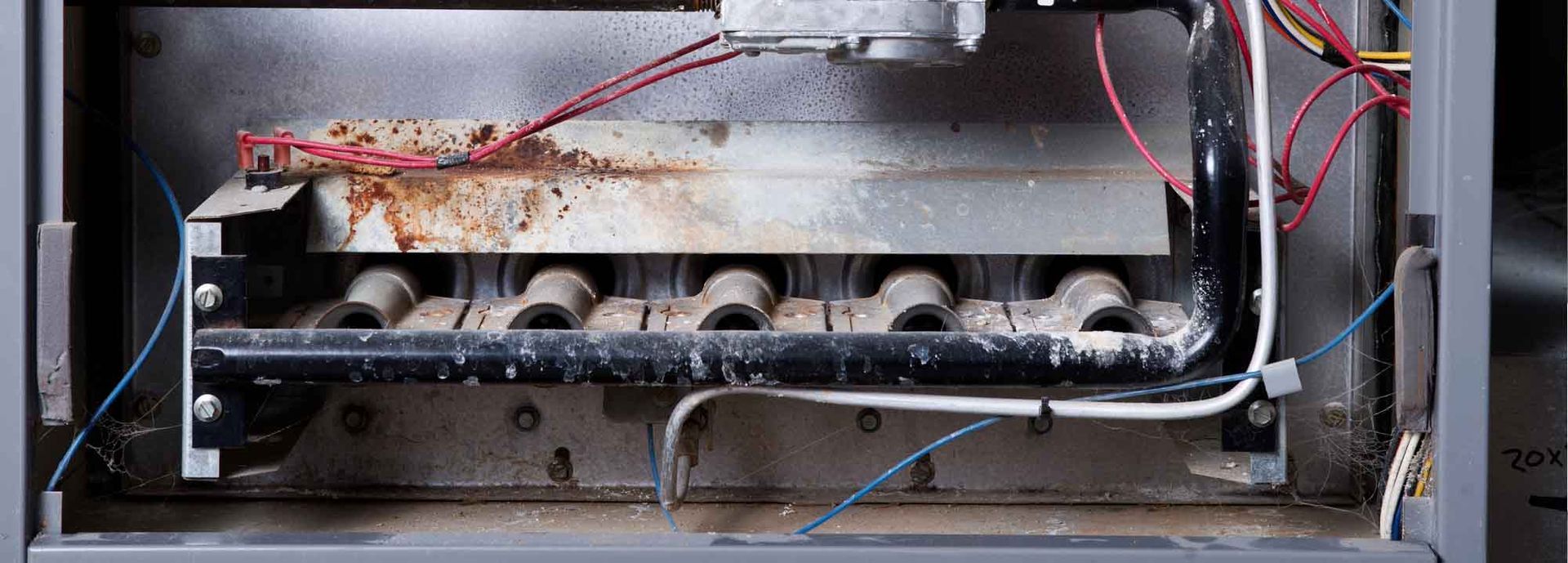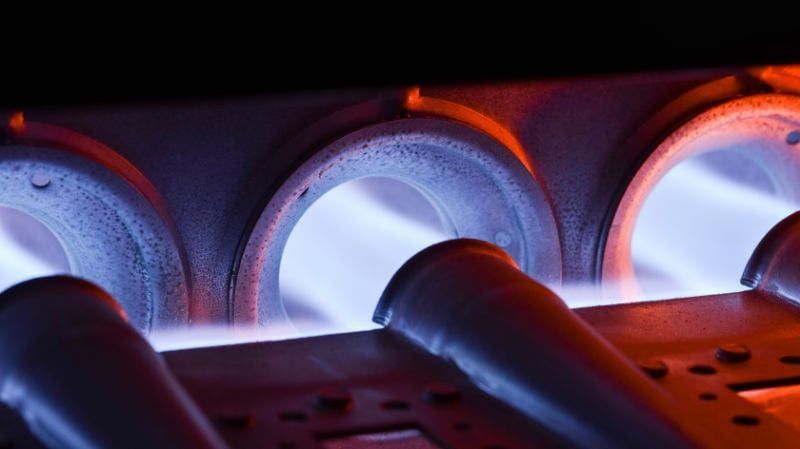What Is Short Cycling?
Short cycling is a term used in the heating, ventilation, and air conditioning (HVAC) world to explain a situation where a furnace or air conditioner turns on and off too frequently. The “short cycle” is the period of time that your HVAC equipment is actually running, and the shorter this cycle, the harder your system needs to work.
Our team at Coastal Air + Refrigeration wants you to understand the concept of short cycling, why it can be harmful and costly, what causes the problem, and what you can do about it.
Root Causes of Short Cycling
If you notice your HVAC system is kicking on and off more than normal, you may be facing a short-cycling issue in your Conway home. Before short cycling causes expensive damage, you’ll want to get to the root cause of the problem. Here are some common causes of short cycling:
Incorrect unit size
If you have a furnace or air conditioner that is too large for your South Carolina home, it will short cycle. Essentially, an oversized furnace or air conditioner repeats the cycle of heating or cooling an area quickly and then shutting down immediately over and over again. According to ENERGY STAR® , ensuring you have the correct-sized air conditioning system can minimize this problem as well as reduce your energy bills.
Repair issue
If you recently had a bad storm that resulted in a power outage, this could cause short cycling. In addition, breaker problems, condensate switch issues, a corroded flame sensor, or objects stuck in your vents could also be a root cause. Contact our professional team to inspect your system to help you identify the cause.
Maintenance issues
Homeowners who fail to regularly maintain their HVAC systems may cause short-cycling issues to arise. For example, a dirty air filter can restrict airflow, which may lead to short cycles. Regular cleaning and inspections can go a long way to prevent short cycling.
Thermostat problems
If you’ve recently installed a new thermostat, be sure it’s in a location where you can get an accurate temperature reading. For instance, thermostats that are in direct sunlight or near heat-generating appliances or vents may misread your home’s actual temperature and signal your HVAC system to turn on and off incorrectly. A broken thermostat could also be the root cause of the problem.
Before You Notice
Today’s technology does have some built-in protection against HVAC short cycling. Similar to an overload trigger on an electrical motor, shut-off controls will often prevent catastrophic HVAC equipment failure. For instance, if temperatures or pressures exceed maximum preset ranges, these safety devices will kick in and shut down your HVAC system for a certain amount of time.
Whether you notice short cycling or your HVAC system shuts down due to this issue, it’s important to resolve the root causes for the long-term health of your heating and cooling system. Living with a system that short cycles can lead to poor temperature-, ventilation-, and humidity-management; a strain on electrical and lubrication systems; and energy wastage.
What You Can Do
The most important thing you can do to prevent short cycling is to regularly maintain your HVAC system with biannual inspections and cleanings. During this process, a trained technician can spot potential problems and correct them before you experience short-cycling problems.
You can also invest in technologies such as variable capacity furnaces and air conditioners, which will adjust the output of your equipment instead of simply shutting down. Look into dead-band settings on your thermostats as well. These allow you to specify an acceptable temperature band so your HVAC equipment cycles less frequently.







